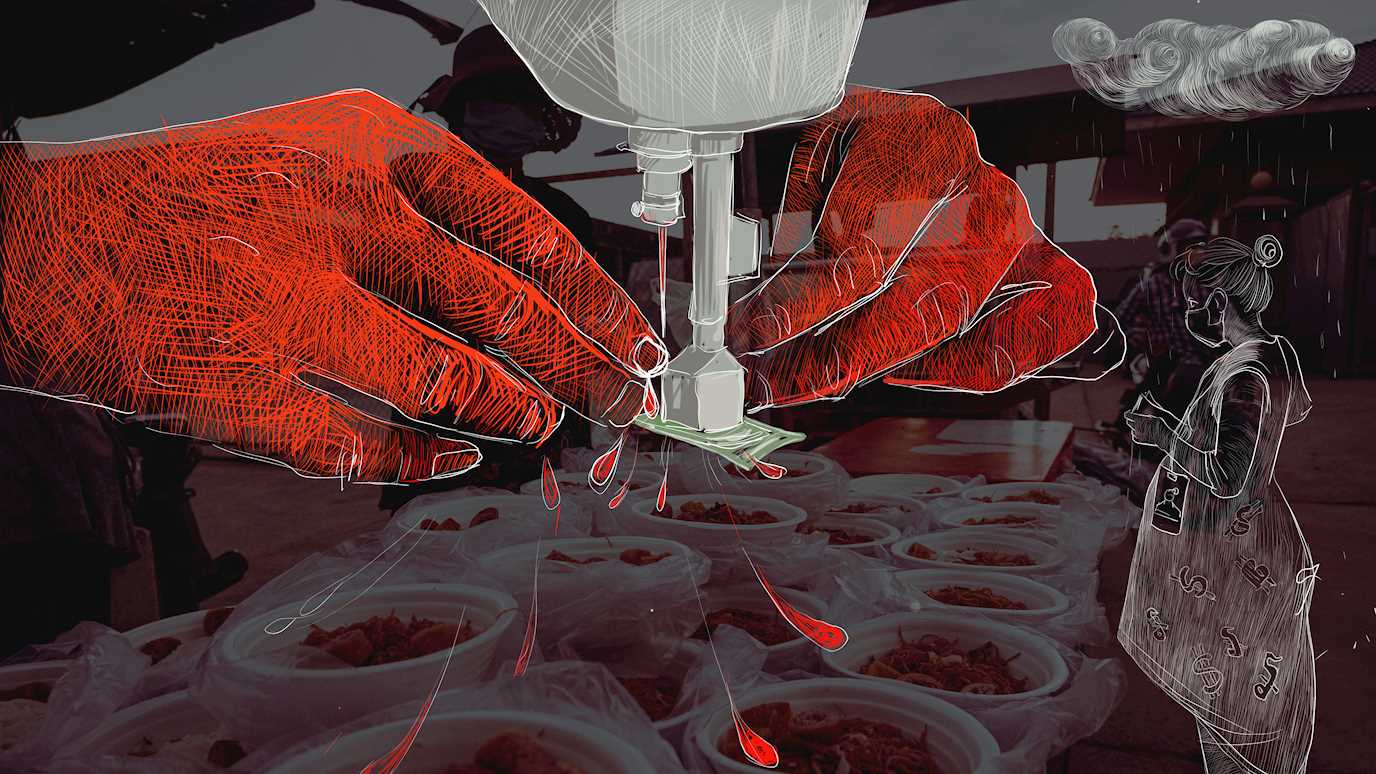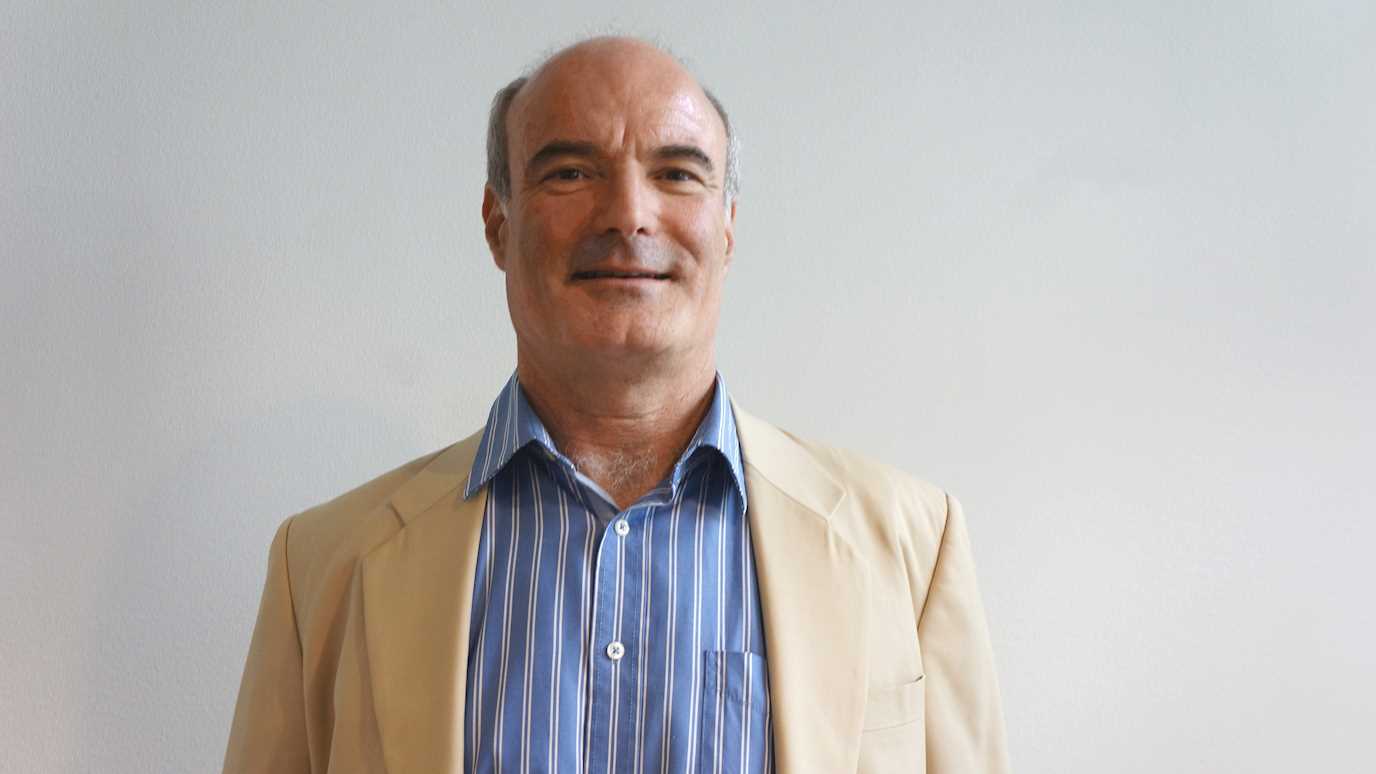Global supply chains are shaping and intensifying the impact of climate change for garment industry workers in Cambodia according to a new report led by an academic from Royal Holloway, University of London.

Cambodia garments (credit Sao Sreymao)
The ‘Hot Trends: How the global garment industry shapes climate change vulnerability in Cambodia’ report, by Royal Holloway, the University of Nottingham and Royal University of Phnom Penh, in partnership with the Solidarity Center, reveals how climate change has become a pressing issue for workers in Cambodia’s garment industry as a result of fast fashion. The report’s findings include:
- 64% of garment workers have experienced climate change-linked impacts such as floods or extreme temperatures in the last 12 months, either inside or outside the factory
- Where flooding affected factory production, 78% of workers reported reduced wages on the days affected. For those experiencing full factory closures, workers reported an average 80% deduction in their earnings on those days
- Workers experience extreme heat on a regular basis which substantially reduced their ability to work, equalling an average annual reduction in the value of goods exported of $290 million.
The report combines quantitative climate perception and survey data with qualitative accounts from workers, union representatives, industry figures, government and monitoring bodies; exploring the experience of climate change-linked environmental impacts within the Cambodian garment industry.
Dr Laurie Parsons, lead researcher on ‘Hot Trends’ from the Department of Geography at Royal Holloway, said: “The overarching goal of our new report is to highlight how the structural characteristics of the global garment industry shape and intensify the impacts of climate change for workers.
“Climate change is reshaping the global workplace, reordering social relationships, reducing productivity and worsening worker health.
“Through the drive towards industrial decarbonisation, we have shown how the everyday struggles of workers in global supply chains are battling worsening economic and physical conditions that have received little attention.”
Exploring how worker livelihoods are being affected outside of the workplace, the report also shows that a total of 29% of workers reported experiencing extreme weather or other disasters at their accommodation in the last 12 months. Of those who did, the most commonly reported issues were flooding (63%) and extreme heat (42%).
‘Hot Trends’ looks at the trans-local connections between rural and urban climate change impact and shows that garment worker households perceive climate change differently to non-garment worker households. In 14 out of 15 climate change indicators, households of garment workers are more likely to recognise changes in the climate.
























